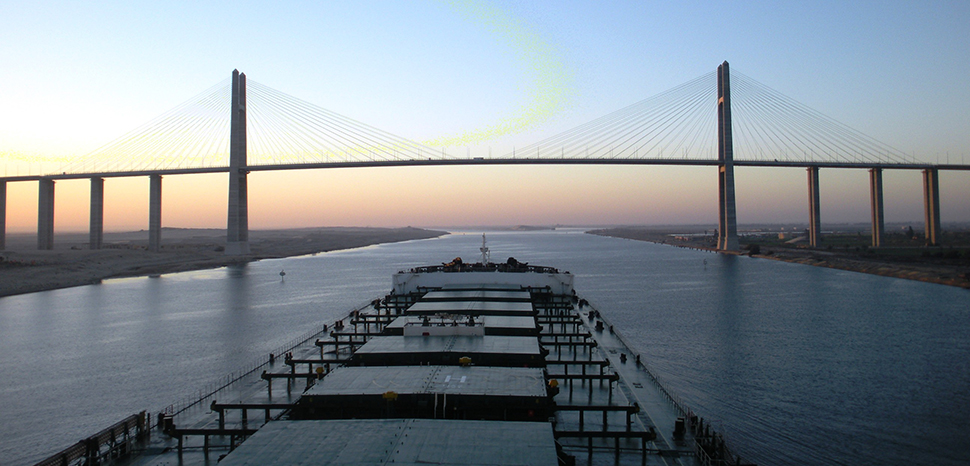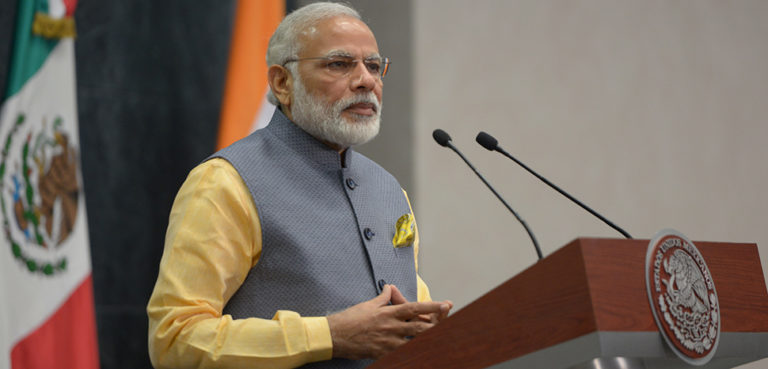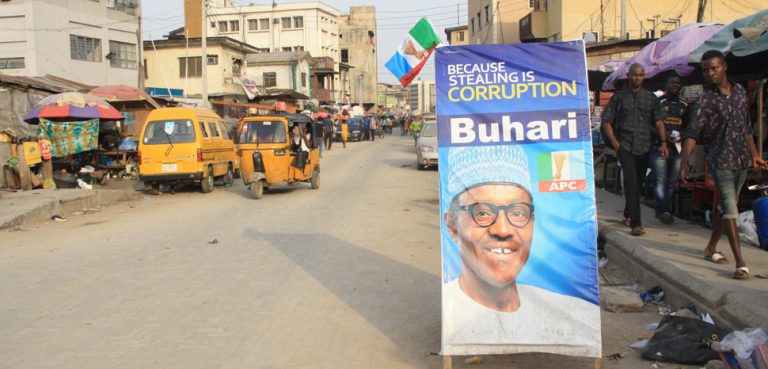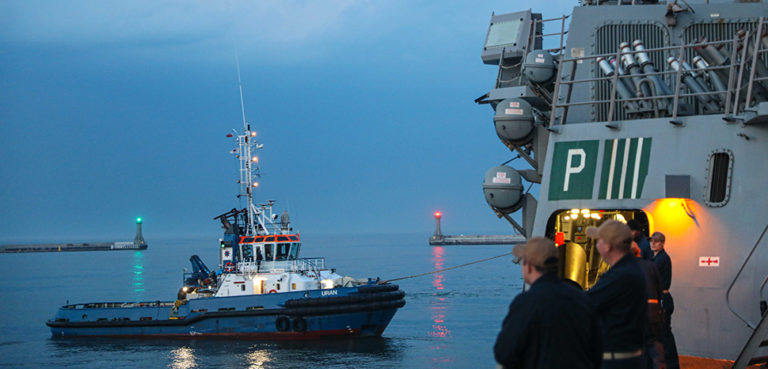In early January, news that leading asset management fund BlackRock acquired Global Infrastructure Partners (GIP) for over $12 billion signaled the private player’s intent to become the leading infrastructure investor in Africa. Led by Nigerian business tycoon Adebayo Ogunlesi, GIP was a leading infrastructure investor in the continent. The move signals BlackRock’s intent to lead the race on long-term bets on energy and infrastructure in the Mother Continent: among GIP’s primary assets is the Suez Water Group.
With $10 trillion in assets, BlackRock dominates Wall Street. The world’s biggest asset manager now aims to expand its presence significantly in infrastructure investments, including airports, bridges, oil pipelines, and other sectors. The asset manager is making a significant investment in infrastructure, a financial strategy involving the investment, acquisition, and management of assets such as tunnels, highways, and oil and gas networks. This approach has gained traction in recent decades, driven in part by consistent long-term returns. Governments facing financial constraints have increasingly turned to private funding for projects like fiber broadband, data centers, green energy initiatives (aligned with BlackRock’s focus on climate-related assets), as well as enhancements to airports and roads.




